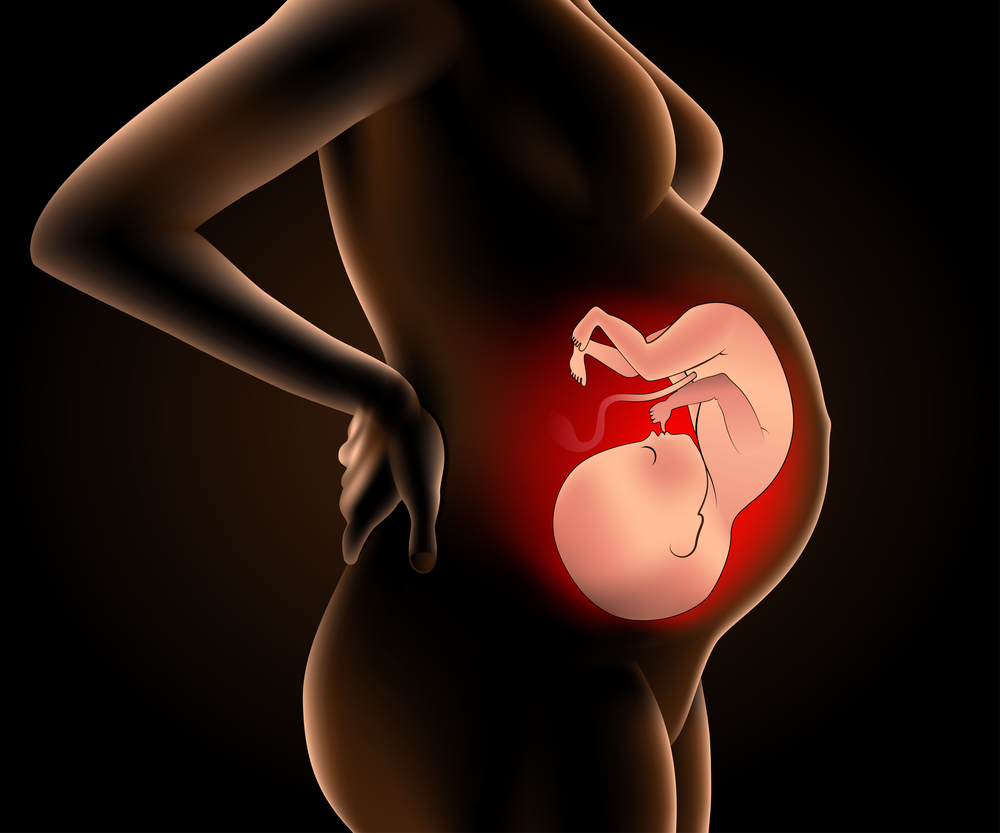What’s going on?
At Week 25, your baby has started to figure out a sleep and play routine in the womb and can’t get enough of hearing your voice – although he/she may not understand what you are saying yet.
Baby at Week 25
Measuring at about 33cm long, your baby is about the size of an acorn squash at Week 25. His/her skin is getting pinker now, but not to worry – this does not mean that he/she is getting overheated in the womb. In fact, you can rest assure that the amniotic fluid is perfectly climate-controlled, so it keeps him/her toasty at a comfortable temperature.
The reason for your little one’s dark pink skin tone is due to the capillaries that are forming under the skin and being filled with blood. Soon enough, blood vessels will also develop in your baby’s lungs, which takes him/her a step closer to taking that first breath of fresh air. But for the time being, those lungs are still developing. Although the lungs have already started producing surfactant, a substance that will help them expand with oxygen once your baby is born, they are still at an underdeveloped stage right now and is not yet capable of sending sufficient oxygen to the bloodstream and releasing carbon dioxide when your baby exhales.
Apart from the lungs, your baby’s nostrils are also getting ready to take that first gulp of air. The nostrils, which have been plugged up until now, start to open up this week. This allow your baby to start practice breathing. But since there is no air inside your womb, he/she is “breathing” amniotic fluid.
What is mum up to?
While you are enjoying your cute football-sized tummy these days, you might be plague with what’s going on in your backside. Some pregnant women experience swollen, itchy veins in the rectum due to the expanding uterus pressing down and increased blood flow to the area.
Hemorrhoids, a form of varicose veins, can be painful and may cause rectal bleeding. Constipation can further aggravate those piles, so the best thing you can do at this stage is to increase your fluid intake and load up on fibre-rich foods such as fruits, vegetables and wholegrains. Doing your Kegel exercises and trying not to strain when you poo can help as well.
On the other hand, did you know that good dental health and oral hygiene can help to keep your baby safe inside until full term? It has been found that regular teeth brushing and flossing at least twice a day can help to reduce the risk of gingivitis, a common condition which causes your gums to become red and inflamed, and lead to bleeding. Gingivitis, if left untreated, can lead to periodontitis, a more serious dental infection which has been linked to premature birth and an increased risk of preeclampsia. So, do take the time and effort to look after your oral health, especially during pregnancy.
Top tips for Week 25
You may have gotten used to the fact that pregnancy has turned your graceful movements into clumsy stumbles, but this does not mean that exercise is off limits. Unless your doctor has advised otherwise due to your health condition, it is alright to continue with some light exercise – as long as you follow a few safety rules:
- Do not exercise when you are feeling overly tired
- Stop when you feel pain or experience dizziness and shortness of breath
- Do not lie flat on your back
- Avoid contact sports and any exercise which puts you at risk of losing your balance
- Do remember to drink lots of water and allow time for warm-up and cool-down during your exercise routine
READ NEXT
























